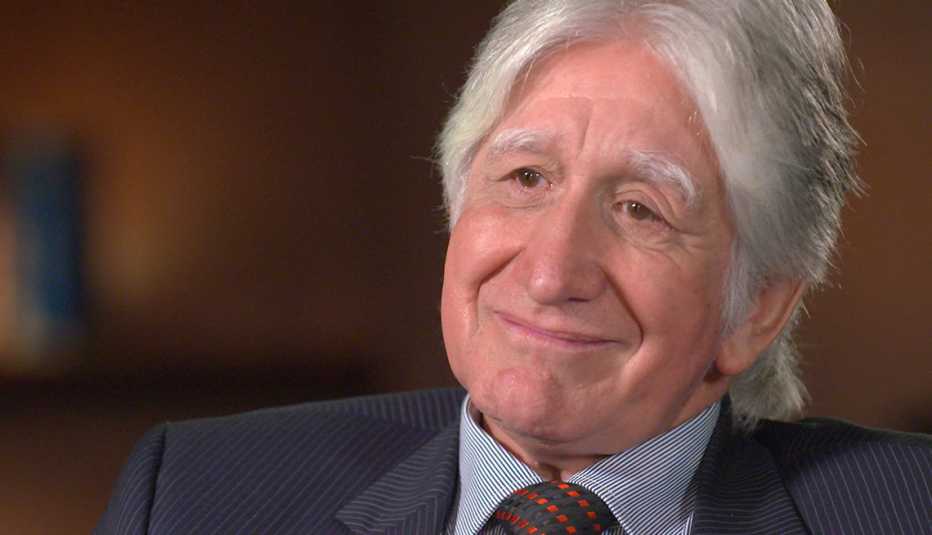An extended family in Colombia is providing the research world a one-of-a-kind opportunity to observe whetherpreventing Alzheimer’s diseaseis possible.
Francisco Lopera, a clinical and behavioral neurologist at the University of Antioquia, had observed a rash of early-onset Alzheimer’s cases in and around Medellin, the capital of Colombias Antioquia province.
He and his nurse Lucia Madrigal, who had relatives suffering from the disease, began researching and traced the symptoms back hundreds of years in the community.
They found that all of the different local families were actually one large extended family with common ancestors who had died young of “softening of the brain.”
What they had discovered was the largest concentration of people worldwide to carry a rare genetic defect that makes them 100 percent certain to develop Alzheimer’s disease, reportsCBS' 60 Minutes.
In particular, the mutation causes early-onset dementia, which strikes people in their mid-40s and leads to early death.

Lopera eventually teamed up with an American professor, Kenneth S. Kosik, M.D., who helped to identify the responsible gene, E280A, that was causing the disease to run rampant in this family, and helped obtain grant funding for an important trial research project, including $15 million from the National Institutes of Health.
The project will enroll 300 members of the extended family, which suffers from a specific mutation in the gene.
Their unique situation offers many opportunities for researchers, Kosik, a neurologist and professor at the University of California, Santa Barbara, tells AARP.

Getting ahead of the symptoms
“People in the Alzheimer’s field have been searching for a drug [to treat the disease] with quite a few failures in the last few years,” Kosik says.
“The idea surfaced a number of years ago that we could make an inroad if we catch the disease before symptoms strike.”
